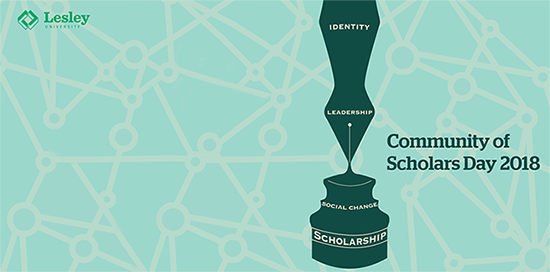Abstract
In the Indigenous cultures of East Africa leadership has a paramount importance. The people have the knowledge and awareness of living organisms, such as termites and bees that have leaders in their identity and kingdom. Hence, in a more sophisticated way, the indigenous people have an organized system of leadership that strengthens with traditional rites and rituals in their social life, in a way that elaborate their origin, identity, and firm their inter-connection, with each other, to alleviate their oneness entity with Mother Nature.
Thus, a leader is someone who is chosen by extraordinary signs of nature, like the queen bee, and the king of termites. Apparently, the people have to have an enthusiastic trust and respect for their leader. Hence, the overall fundamental purpose of this presentation would be to show the balance and interconnectedness of the rites, rituals and leadership from the indigenous people cultural perspective. In addition, to make the presentation vividly elaborative, the presentation would be supported by photographs, and ethnographic documentary film.
Start Date
28-3-2018 12:10 PM
End Date
28-3-2018 1:00 PM
Presentation Type
Poster
Full Text of Presentation
wf_yes
Rites, Rituals, and Leadership - in the Indigenous Cultures of East Africa
U-Hall 2-078 and Atrium
In the Indigenous cultures of East Africa leadership has a paramount importance. The people have the knowledge and awareness of living organisms, such as termites and bees that have leaders in their identity and kingdom. Hence, in a more sophisticated way, the indigenous people have an organized system of leadership that strengthens with traditional rites and rituals in their social life, in a way that elaborate their origin, identity, and firm their inter-connection, with each other, to alleviate their oneness entity with Mother Nature.
Thus, a leader is someone who is chosen by extraordinary signs of nature, like the queen bee, and the king of termites. Apparently, the people have to have an enthusiastic trust and respect for their leader. Hence, the overall fundamental purpose of this presentation would be to show the balance and interconnectedness of the rites, rituals and leadership from the indigenous people cultural perspective. In addition, to make the presentation vividly elaborative, the presentation would be supported by photographs, and ethnographic documentary film.



